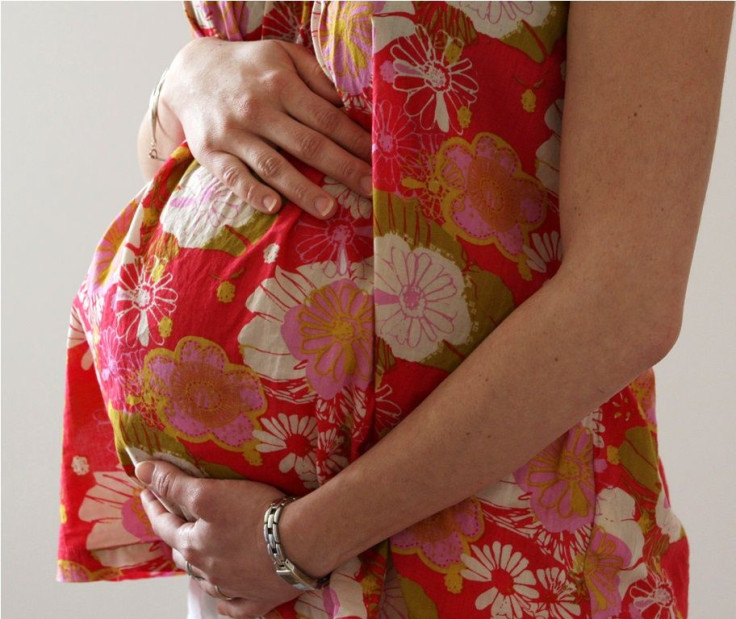Timing of first childbirth has impact on women's health at age 40

Scientists have found that the age when women had their first child could have a significant effect on their health as mothers in midlife. Women who had their first child in their early 20s were found to have poorer health compared with those who first gave birth between the ages of 15 and 19.
The study, published in the Journal of Health and Social Behavior, debunks the assumption that teen childbearing might pose negative effects to mothers. Researchers said that it isn’t necessary to wait until early adulthood to have the first child as it might affect the health of the mother later in life.
The findings come from the analysis of data from nearly 3,350 women who were interviewed every one or two years from 1979 to 2008. All of the participants had their first child between the ages of 15 and 35.
The researchers analysed the health of women who had their first childbirth at the ages of 15 to 19 as teens, during early adulthood at 20 to 24 years old and at 25 to 35 years old. The participants were asked to rate their health from poor to excellent when they reached the age of 40.
Results show that those women who gave birth between 25 and 35 years old reported better health at age 40 than the two younger groups. However, the researchers noted that the participants were born in the early 1960s, which means that some factors might have changed in the current generation.
The findings may also still raise concern as "women who are having births in their early 20s may face more health challenges as they reach middle age than those who wait longer," said lead author Kristi Williams, an associate professor of sociology at the Ohio State University.
The Australian Bureau of Statistics reported that the country has the lowest number of births to teenage mothers in 2014. The rate of all births to mothers aged 19 and under has been 3.1 percent, which is significantly lower than the 1975 record of 10.4 percent.
Age-specific fertility rate for 30- to 34-year-old women remained the highest in 2014, followed by 25- to 29-year-olds. However, there has been a slight increase in the rate of 45- to 49-year-old women.
Contact the writer at feedback@ibtimes.com.au or tell us what you think below.




















